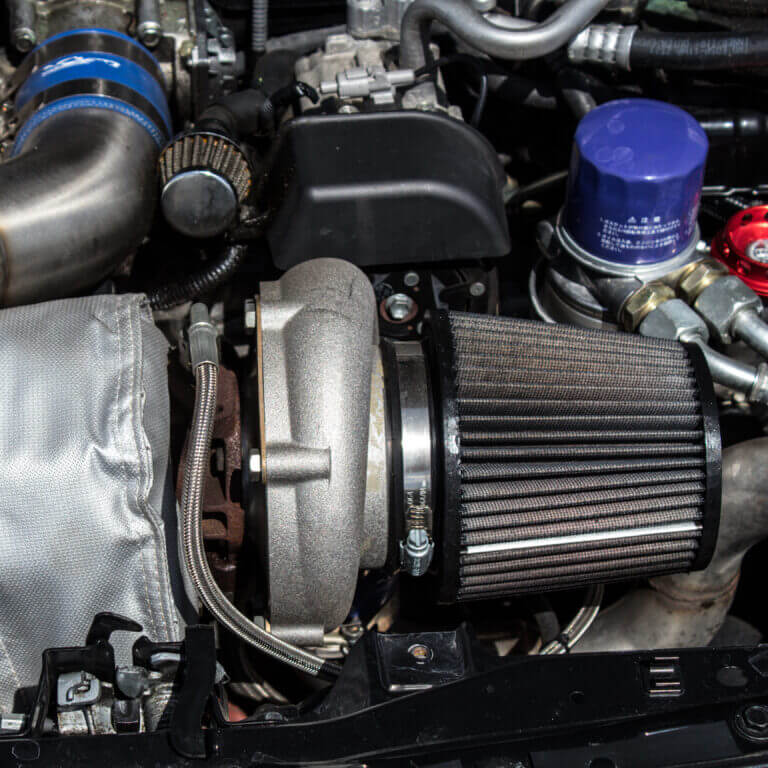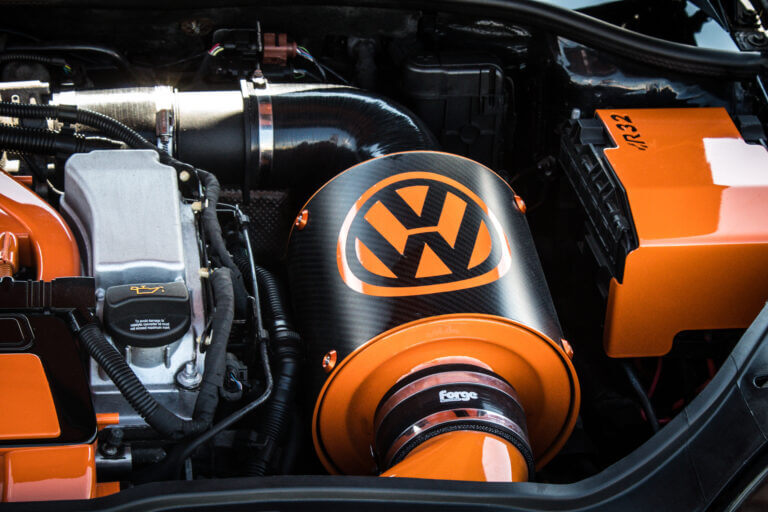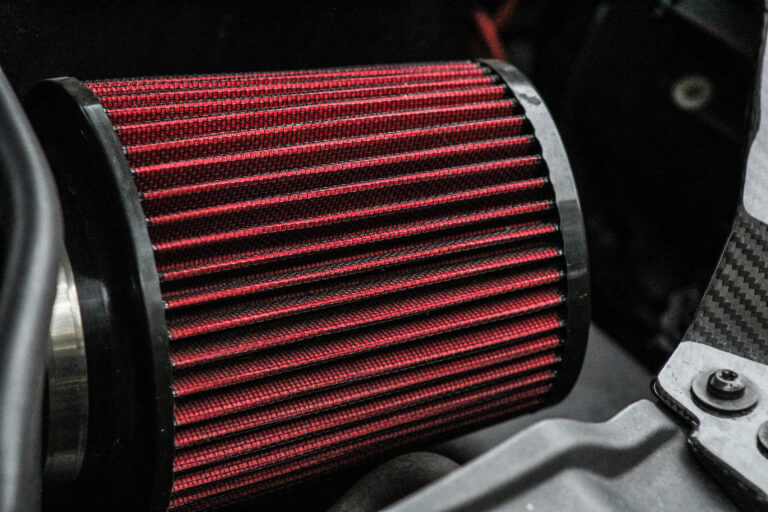Is it time to change your air filter?

Regardless of the car you own, it is vital that you ensure that the engine is kept in prime condition. The Engine is extremely complex but for your car to run at its peak, everything needs to run as expected, the air filter is like the front door to this complexity.
Find car mechanic near me.
Post a job for free
When is it time to change your Air FIlter?
The main thing you should do is monitor the amount of time that your air filter is in place. It is recommended that they are changed every 10-15,000 miles which is annually for most people. There are certain things that can cause your filter to diminish faster such as driving in heavy traffic whereby there is more dirt in the air and a lot of stopping and starting.
Also, driving along dirty or dusty rural roads can also add to the problem. So, understanding the tell tale signs is important if you are going to keep your filter and your engine in the best possible condition.
Which if this is the case and you have been driving through the dusty dunes of the desert somewhere, you should just replace the air filter out of caution.
Of course, if you are custom tuning and are someone who likes to attend track days with your own car, your filter is going to impact the way in which your vehicle performs. Fortunately, by ensuring your filter is in peak condition, you’ll get the most from your car.

What does the air filter do
This simple-looking part is really important as it ensures that all dirt and debris is caught before it enters the engine. This gives the engine clean air, helping it to perform. However, dirty or worn air filters can prove to be a problem. They will cause you to lose power while acceleration will be reduced along with throttle response, all of which play an integral role in the way in which your car performs. So, if you are wondering “how do I know if my air filter needs changing?”, then we are going to give you simple signs to look out for.
The Filter looks dirty
This is one of the easiest ways of checking your filter as you will be able to carry out a visual inspection. Once you have located the filter, you can then check its colour as it should be white or off-white. Over time, dust and dirt can build up which means that the filter will take on a darker colour, so when you notice this, it’s time to replace it.
You've noticed a loss of power
There are a number of reasons why your car might lose power but a new filter will help your car to perform better. On certain vehicles, it can help to improve acceleration and on older vehicles, it can help to improve fuel efficiency. You might also notice that your car is jerking when accelerating which could also be a sign that your filter has seen better days.
Can an air filter affect car performance
In a nutshell yes it can, there is a very simple way to look at this. Think of your engine a bit like an air pump, the more air you can get into it, the more efficient it will become.
Engine performance is is highly dependent on how efficiently you can get into the engine, and how quickly you can remove it.
This is why its highly recommended that before your tackle any fundamental performance upgrades to your engine, you should consider the intake and exhaust first.
It is likely to improve your BHP as well as engine torque. The increase can be minimal initially, but the results start to compound once you start adding additional upgrades later on.
There are two very fundamental options available, a standard air filter or a high performance filter.
Standard air filter
The standard air filter does a very good job filtering out the dirt, and it is very cheap to replace a standard air filter. However they are quite restrictive by design.
High Performance air filter
The alternative and more exciting alternative is to upgrade your vehicle to a high performance filter.
These are your advantages:
Less restrictive, allowing more air into the engine.
This increases engine performance
They are washable.
This means you never have to replace them.
Improves the induction sound.
Disadvantages:
k & n air filter sound first thing in the morning might upset your neighbours.
There are two fundamental options available for enhancing your engine’s air intake: a standard air filter or a high-performance filter, such as those offered by K&N are designed to improve your BHP as well as engine torque, providing a foundation for further performance upgrades.

Engine light
When you see the engine light appear, you are more than likely to think of the worst but that’s not always the case. Of course, there are many different reasons why the engine management light can appear but a lack of air can cause carbon deposits to form in the engine. This means that the engine has to work harder and that is the reason why the engine management light appears.
You hear strange sounds
Your engine will make a multitude of sounds, most of which you might be used to. However, if your car is not getting enough air then you are going to hear many different sounds. The engine might splutter and vibrate when you turn on the engine, which could indicate that it needs more air. If you can hear strange sounds, then this could be caused by a dirty air filter that needs changing.
Changing your air filter
Changing your air filter is an easy task and with some knowledge and reading of the manual, you can do it yourself. However, if you are unsure of where the air filter is located or you are not confident enough to change it then it makes perfect sense to use a specialist. It is inexpensive and quick to do which means that you will have your car back in no time at all.
It’s recommended to do this every 12,000 to 15,000 miles, although checking your vehicle’s manual for specific recommendations is always a good idea.
For detailed steps and additional tips, you can visit the article on The Drive. These resources will provide you with all the information you need to change your air filter confidently.
Conclusion
if you are still sitting on the fence whether to upgrade or not, then remember this is one of the cheapest upgrades you can make.
It is also the first place you should start when upgrading your car.
It is an easy task to take on and it doesn’t break the bank. Only point to note, is that if you have an accident or your vehicle suffers a major mechanical issue, an aftermarket performance air filter could invalidate any warranty you may have.
Need help with your engine?
Post a job for free
Automotive Wheel Refurbishment
Automotive Upholstery and trimming
Automotive Fabricator
Automotive Suspension Alignment
Automotive Carbon Composite
Automotive Coach Builder
Race car Data Engineer
Engine Builder
Automotive Fibreglass Composite
Automotive Dyno Technician
Automotive Gearbox Specialist
Automotive Transportation
Automotive Electrician
Automotive Turbo Specialist